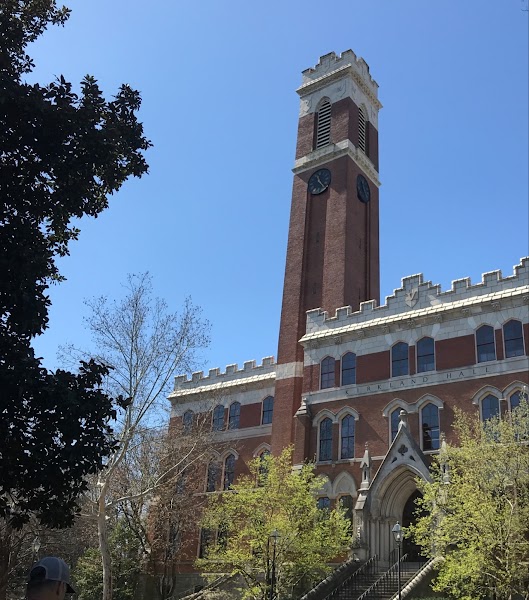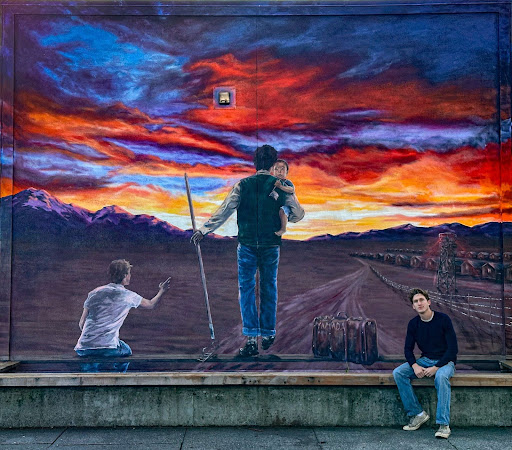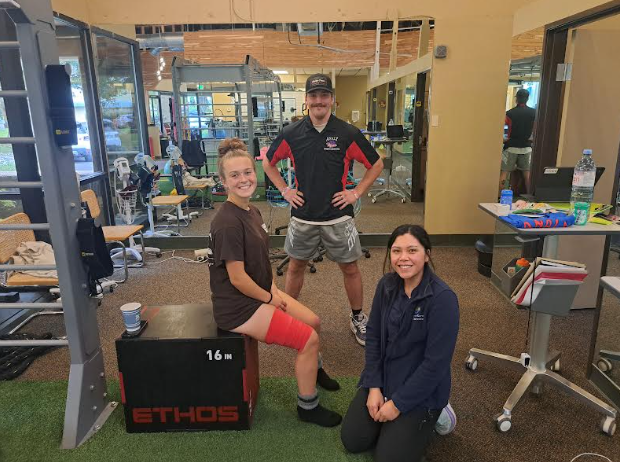The day before I started high school, I waited, binder in hand, for my aunt to pick me up and drive a short five minutes to an ice cream spot not far from my house. Just three months prior, we had met for pizza across the street as I interviewed her for a history project, which was due just before I graduated from middle school.
On that particular day, I asked to meet with her to review some of my plans and outlines for starting high school and potential college plans. Only this time, it was over lemon cheesecake and peanut butter ice cream. I had filled a binder with a college prep guide and stuck post-it notes over the surface with vague to solid ideas about how I was going to approach the chapter ahead. I am starting to understand just the amount of work that it takes to shape a future that you desire. But it is just that. Your future. You decide how it’s going to start, and with my aunt, thirty-four days ago, I knew I wanted to start somewhere.
In the early stages of high school, quite literally, all the doors are open. Some could say I have plenty of time to think about my future, and even more time to explore my passions — but daydreaming now can’t hurt.
In summary, the majority of Analy High School students are doing just that, exploring their passions. Whether that be on the track, field, court, or classroom.
So, across from my Aunt, who was just as excited to hear about my ideas, I hoped to get students thinking about college, career paths, and hobbies that can influence their high school experience, whether you’re a freshman or even a junior. So I met with my aunt again at the same pizza joint on a Sunday afternoon to ask her some questions about her job and the advice she shares with students daily. Here is what I gathered.
What is the biggest mistake students make when applying to colleges?
She responded quickly, “Two jump out in my mind. One is applying to the wrong schools. Lots of kids apply to schools or want to apply to schools that they really don’t have any business applying to. Also, not doing your research up front. Then writing essays that are so vague that the essays that could be written by any student. So, for example, if you’re an XC Runner and you write all this stuff about your experience running cross country, if you sit back and read it and it’s like, “Well, anyone could have written this.” Then it’s boring, and you want to write an essay that is unique and stands out.”
These unique experiences and personal reflections are created while steadily building. Trying everything at once is impressive, but succeeding in a few key areas is even more important over time. Taking classes that steadily increase in rigor, taking leadership roles, and connecting with the community, even if it is just Analy, are all ways to start discovering who you are and what is important to you.
How can students tell their story the best they can in admissions?
“So rather than tell all the things you’ve done, describe a moment in a story form. So, tell your story, by using a story from your life, and use as many specific details as you can.”
This got me thinking about creating value based themes around stories in your life. This can help you make informed decisions and intentional pathways that align with your passions. Find things that spark something inside you, ideas, beliefs, values, goals. This way, when you begin to explore activities and projects that you love, there is purpose and drive behind them. College admissions look for several key things, among many, passion, reflection, and lesson. Showcase not just what you have achieved, but what you have learned from the experiences.
What are your tips for rounding a solid academic profile?
“I would say again, depending on who you are, if you’re the type of student that takes APs, find out up front, what are all the options? … Kind of stay in your lane, you know what you’re like – what classes you tend to do better at. Take those ones. Take those Advanced ones.”
I thought about how this could be, finding extracurriculars and classes that add to your values and show genuine interest. For example, finding volunteer or shadowing opportunities that align with your interests. This shows College admissions that you were willing to engage and learn from the experiences. Learning a language, gaining physical and mental strength through sports, and strengthening weaker subjects can show perseverance and add to your experiences.
What is your biggest advice for high school students with college on their mind?
“Use your gifts, and be curious about what you’re interested in, and then just go for it. To explain what I mean, don’t do things because you think you’re supposed to do them, don’t do things because you think everyone else is doing them, don’t do things because you think that’s what colleges want to see, do things that you’re gifted at, that you love to do, that people tell you you’re good at. You’ll be surprised where that takes you. Anyone can go to college; there is no formula. We’re all unique people, we all need to do what works for us…”
Also, I cannot empathize enough with taking care of yourself, easing burnout, and seeking advice. All of that is equally key.
To conclude, I know the journey will take time, but it will also be extremely worth it. I urge students to trust the process, ask for help, and always take the first step, even if it’s scary. You can do hard things, and your story is up to you; it shouldn’t be compared to anyone else’s. Your voice matters, and your future is waiting.





